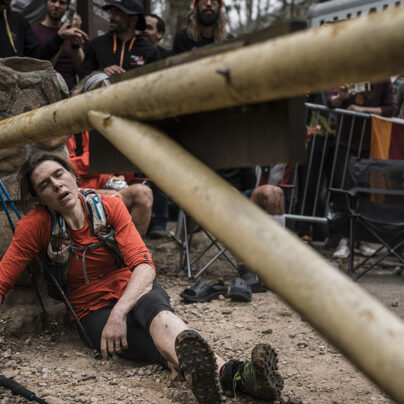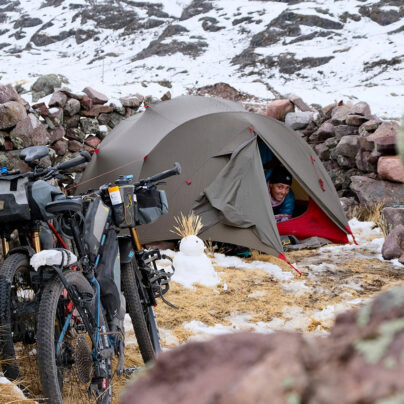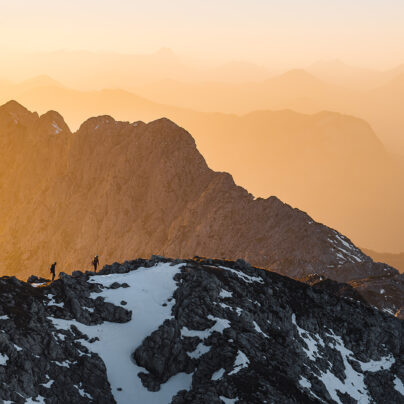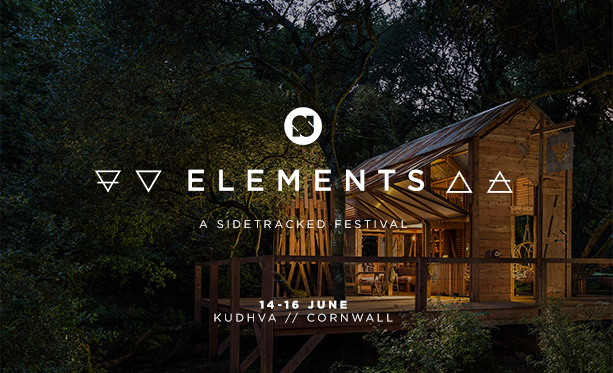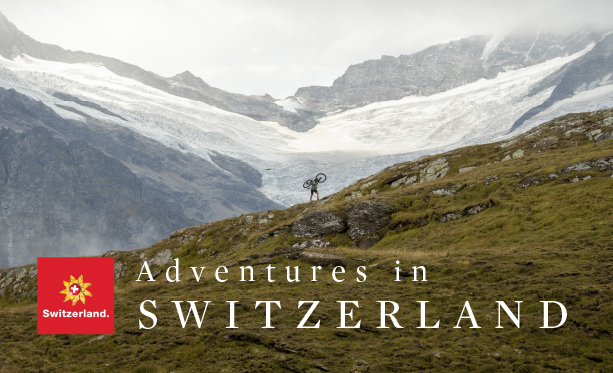Adra
Inspiration
Written by Alex Roddie // Photography by Lena Drapella
Produced in Partnership with Pertex
Llanberis, spiritual home of climbing in North Wales, still clings to that adventurous pioneering spirit of decades past – but it’s about more than climbing.
The story of British climbing is one of innovation. Trad climbing – the adventurous traditional ethic, emphasising leader-placed protection – made countless leaps forward on the high north faces, abandoned slate quarries, and sea cliffs of North Wales.
Llanberis is the heart of all this. Llanberis Pass provides access to legendary crags like Dinas Cromlech – home of the ultra-classic Cenotaph Corner (Joe Brown and Doug Belshaw, 1952). Llanberis is also next door to Dinorwig, the slate quarry where trad began to open up beyond its upper-class mountaineering origins after the Second World War.
Adra, the new film directed by Emma Crome, explores the culture, heritage, and characters of the Llanberis climbing world: the ‘weirdos, misfits, ne’er-do-wells,’ according to Nick Bullock. Weirdos and misfits they may be, but Adra brings together a formidable cast of climbing legends to show us what Llanberis means to them. James McHaffie, Cathy Woodhead, Jim Perrin, Johnny Dawes, and John Redhead, to name but a few: all feature here and add their own threads to the ongoing story. The film pitches headlong into a look at the history of this region, from the earliest pioneers to the women who created a climbing culture of their own in the 1920s and beyond.


And what of younger generations? Zoe Wood and Lewis Perrin both feature prominently in Adra, and between them they symbolise the diverse spirit of climbing in Wales. Both have parents deep in the world of climbing. Zoe is the daughter of renowned climber Libby Peter and adventure photographer Ray Wood; Lewis is the son of mountain scholar Jim Perrin. Zoe, a professional route setter, is a strong and ambitious climber, while Lewis, according to director Emma Crome, evokes something of the ‘slightly old-school world of trad, the ethos of adventure and risk’. But both enjoy many aspects of the mountains and would resist being pigeonholed.
One of the things that interests me about Adra, and about climbing in general, is that it’s not really about the climbing. It’s about so much more. When I sat down with Zoe and Lewis to talk about the film, they were eager to tell me about what adventure – and Llanberis – means to them.
‘It’s wonderful when someone is just as excited as you to be there, or you know a route means a lot to them,’ Zoe said. ‘You’re sharing their glory.’ Lewis was deliberate in his words: ‘I think climbing is a very effective conduit for an individual’s passion. And when lots of people share and use that conduit, it creates this community with a lot of energy. In a place like Llanberis, some of that energy is imbued into a sense of place that spills over into a deep appreciation for where you are.’
I asked them about how they got into climbing. ‘My childhood was so embedded in climbing that I didn’t even realise that some people didn’t climb,’ Zoe said enthusiastically. ‘Climbing was linked to those happy times – escapism after school, going somewhere for the weekend. But it was never really about the climbing. It was our way of being outside and being together as a family. I remember being proud to be let in on what made my parents so happy.’ Lewis also came to climbing at a young age through his mum, but told me that he only began to connect with his dad through climbing in recent years. ‘He’s an encyclopedia of climbing. It’s like something switched in him, and maybe he sees something of himself in me.’
Climbing is less scrappy and political than it was a generation or two ago, but some things remain the same. ‘When you look at the youngsters now,’ says Johnny Dawes in the film, ‘you can see them getting a similar thing out of it that we all did 20–30 years ago.’ When I mentioned this to Zoe and Lewis, they agreed. ‘It’s about how hard you’re trying, how scared you might be, how you feel afterwards,’ Lewis said. ‘That said, people climbing E2 in the 1940s were probably braver than most people climbing E6 now.’





‘How you feel’ is a thread running through so many of these experiences on the crags of Llanberis: finding community and physical challenge, but also the spiritual side. In the film, Zoe says that climbing creates a ‘connection with the landscape – and the landscape is one of the most poetic things about Wales.’ When we spoke, I asked her to expand on this. ‘Art and poetry are forms of expression,’ she said, ‘and climbing is the same thing. It’s 100 per cent art. How could you not be inspired when you’re expressing yourself with the amphitheatre of North Wales around you? The movement is very similar to dancing. You’re moving and linking moves, and some of them might not even be necessary, but you want to do them anyway because of the way they make you feel. The point’s not to get to the top, is it?’
Lewis added, ‘We all crave this feeling of presence and a sense of appreciation for what we have. When people truly feel alive, truly feel the human condition, there’s so much energy in that – and it can flow wherever you choose.’
Although so many voices contributed to Adra, I wanted to understand how director Emma Crome came to tell these particular stories, and how she came to craft a film about so much more than climbing. ‘Climbing is just the vehicle for telling the story,’ she told me. ‘It’s about a sense of belonging, the sense of identity that climbing can give you in a place like Llanberis. Climbing communities can feel quite transient, but Llanberis seems to have held on to a lot of people who have come through and settled there.’
I was interested to learn that Emma was initially hesitant to take on this project, as she thought she might be done making climbing films. ‘My interest as a director moves towards cultural heritage, identity, and environmental stories.’ But it’s clear that Adra fits this brief. ‘I feel a strong connection to North Wales. I grew up spending most of my holidays there. At the time I didn’t know about hiraeth – a Welsh word for a sense of longing for home with no direct translation to English. That’s the feeling I’ve always had for Wales.’
Emma told me that she wouldn’t really class herself as a climber, although she loves climbing. ‘Climbing culture can feel quite defined, so I was a little nervous about taking it on. It’s the kind of film that could be made so many times over in many different ways. I think that’s the beauty of it – there are so many interpretations. It means so many different things to so many people. It was a real privilege to be able to explore the subject.’
My conversation with Emma ended with her insisting that she couldn’t say enough good things about Zoe and Lewis – ‘They were just a joy to work with.’ And, a week later, when I spoke to Zoe and Lewis myself, they echoed the sentiment. ‘The film crew were really sound,’ Lewis said, while Zoe added, ‘They didn’t want to impose their ideas too much – just wanted to tell the story they found.’
The world premiere of Adra, presented by Pertex, takes place on November 18th, 2023, at Kendal Mountain Festival. Information and tickets ».
Produced in partnership with Pertex // pertex.com // @pertexfabric
Written by Alex Roddie // @alex_roddie
Photography by Lena Drapella // @lenadrapella
